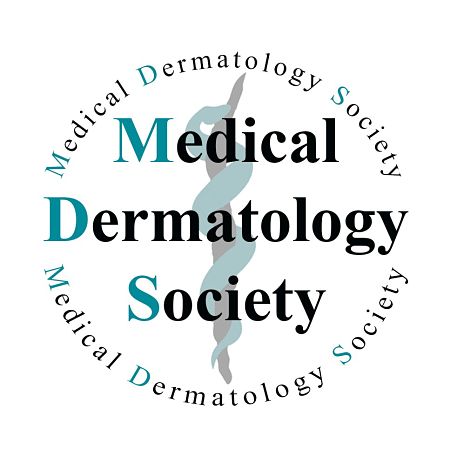Medical Expertise of Dr. Natalie Wright, MD
Dr. Wright specializes in the diagnosis and management of autoimmune conditions of the skin, in addition to managing rashes, acne, skin cancer and other medical dermatologic conditions.
Dr. Wright has had advanced Fellowship training in the treatment of autoimmune disorders where she specialized in the diagnosis and management of cutaneous lupus, dermatomyositis, systemic sclerosis, eosinophilic fasciitis, morphea, and many other multisystem diseases in both the adult and pediatric populations. She also has a clinical interest in cutaneous sarcoidosis and neutrophilic dermatoses, including pyoderma gangrenosum and hidradenitis suppurativa.
About Dr. Natalie Wright, MD
Natalie Wright, MD is a board-certified Dallas dermatologist providing patient care at Natalie Wright Dermatology, PC.
Dr. Wright has published numerous articles in peer-reviewed journals and presented at several national and international meetings.
Dr. Natalie Wright is the recipient of multiple honors and awards, including:
- D Magazine Best Doctors Recipient, 2018, 2019
- Texas Monthly Super Doctors Rising Stars 2019
- Brigham and Women’s Society of Investigative Dermatology Travel Award 04/15
- Mount Sinai Dermoscopy Course Challenge Winner 03/14
- AAD Dermatopathology Bowl Team Champions 03/14
- Resident of Distinction Award, Winter Clinical Dermatology Conference 01/14
Procedures & Services
Patient Education Resources
Truncal acne, which refers to acne that occurs on the trunk of the body (such as the chest and back), may require a slightly different treatment approach than facial acne. This is because the skin on ...
The length of time it takes to remove a tattoo depends on several factors, including the size, location, and color of the tattoo, as well as the individual's skin type and overall health.The most ...
Click on the product image to access medication savings or support services offered by the manufacturer In most cases, this form must be submitted along with proof of having purchased the medi...
Atopic dermatitis, also known as eczema, is a chronic, inflammatory skin condition that causes dry, itchy, and scaly skin. The condition is characterized by symptoms such as:Dry, itchy skin: The skin ...
There are several medications that can be used to treat acne, including:Topical retinoids (e.g. tretinoin, adapalene)Topical antibiotics (e.g. clindamycin, erythromycin)Topical benzoyl peroxideOral an...
Education & Training
- Undergraduate Degree: Texas Christian University. Graduate with honors
- Medical Degree: University of Texas Medical School
- Internship: University of Texas Southwestern Medical School
- Dermatology Residency: SUNY Health Science Center at Brooklyn
- Dermatology Chief Resident: SUNY Health Science Center at Brooklyn
- Fellowship, Autoimmune Disorders: Brigham and Women's Hospital
Professional Affiliations
Wright Dermatology

Conditions we treat:
- Acne
- Autoimmune disease of the skin
- basal cell carcinoma
- Cold Sores
- Contact Dermatitis
- Cutaneous Lupus
- dermatomyositis
- Discoloration of the skin
- Eczema/atopic dermatitis
- eosinophilic fasciitis
- Epidermal Cysts
- Fungal diseases of the skin
- Hair Loss (Alopecia)
- Hidradenitis Suppurativa
- Hyperhidrosis
- inflammatory bowel disease-related skin disorders
- Keloids and scars
- Keratosis Pilaris
- Melanoma
- Melasma
- Moles (Nevi)
- Molluscum contagiosum
- morphea
- Poison Ivy
- Psoriasis
- Rashes
- Rosacea
- Skin Cancer
- Sarcoidosis
- Sexually transmitted diseases
- Squamous cell carcinoma
- Sun damage
- Skin tags
- Total body skin exam/skin cancer screening
- Vasculitis
- Warts




